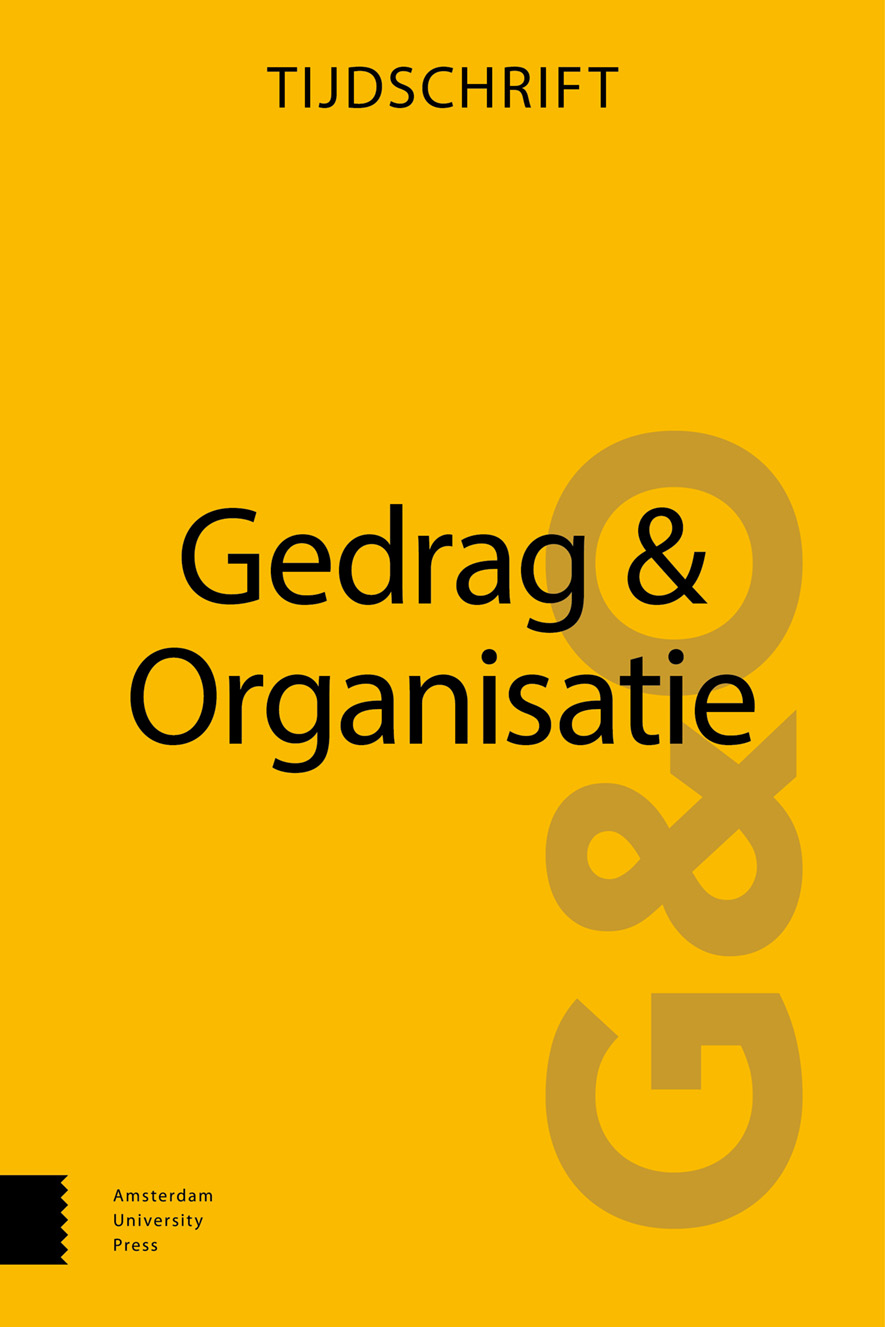-
oa Participatief leiderschap: mogelijkheden en beperkingen
- Amsterdam University Press
- Source: Gedrag & Organisatie, Volume 18, Issue 3, Sep 2005,
Abstract
Participative leadership: opportunities and limitations
Wim van Breukelen & René van der Vlist, Gedrag & Organisatie, Volume 18, June 2005, nr. 3, pp. 156-180.
Leaders have to fulfil three major leadership functions: goal achievement, group maintenance and guaranteeing future effectiveness. In this article participative leadership is discussed. In this leadership style, leaders involve their subordinates in decision making related to setting goals, choosing appropriate strategies, solving problems and making changes in their team, department, or organization. It is not suggested here that participative leadership is a panacea, but it is considered to be the best approach in specific situations. This view is in line with the contingency approach of leadership. Participative leadership particularly offers great potential in uncertain situations, when tasks and problems at hand are unstructured, and when subordinates have additional knowledge, skills and competences. There are several barriers and stimulants that determine whether a participative style in these circumstances will actually be applied, or whether it will remain a theoretical option. The effectiveness of participative leadership is evaluated in view of the three generic leadership functions as mentioned, as well as a number of specific criteria for leadership effectiveness.


